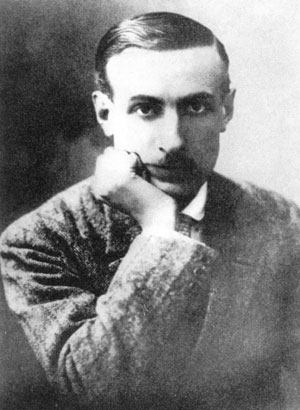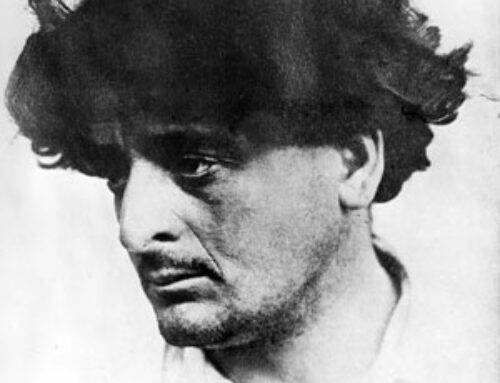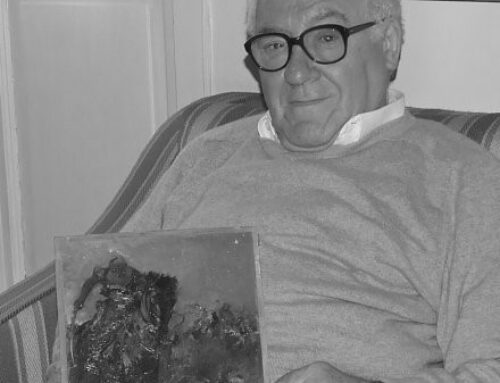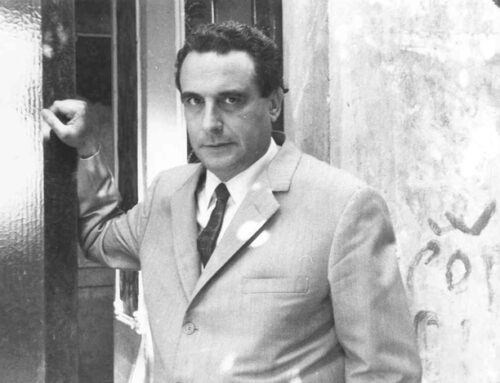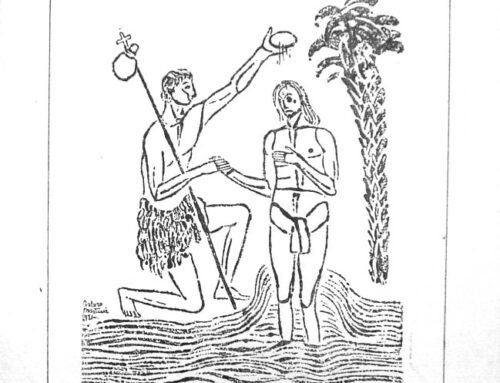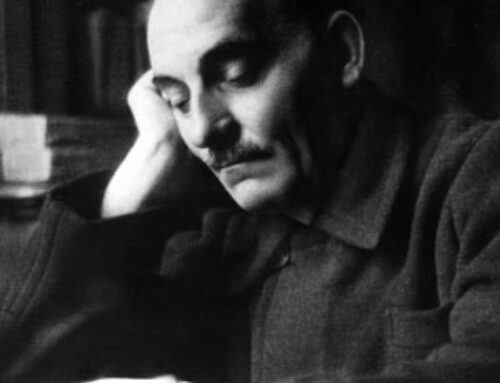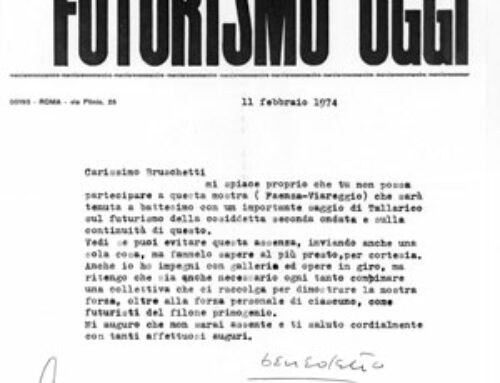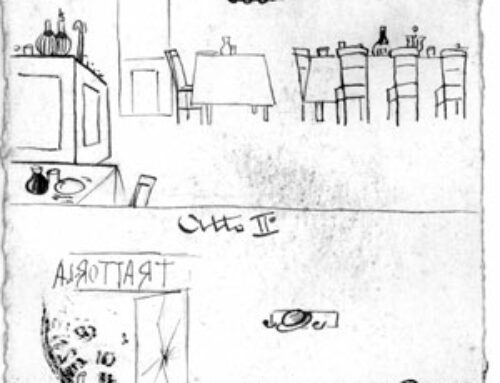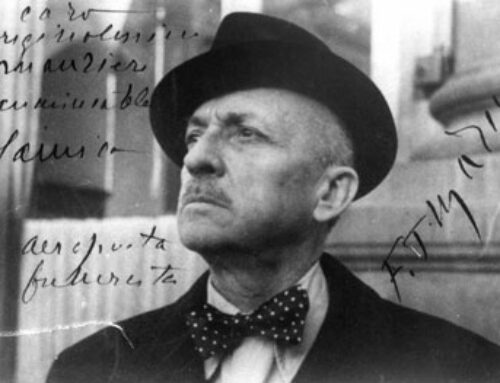(Turin, 1896 – Kabul, 1934), poet and storyteller, embraced from his youth the Futurist creed to which he formally adhered with the 1916 work “Night Equator.” Attracted by new and stimulating experiences, he came into contact with foreign artists such as Apollinaire, Cendras, Cončarova, and Tzara and founded with Bino Binazzi in 1916 in Bologna the magazine “La Brigata,” a witness to a sought-after openness to transalpine culture. A nationalist and interventionist, he entered politics through intense journalistic activity as a correspondent from Romagna, where he taught and where he founded 1919 the first fascio di combattimento. A contributor to the “Popolo d’Italia” (1921-1923), deputy editor of “Il Resto del Carlino” (1923), editor together with Dino Grandi of the Imperia Publishing House (1923), in 1928 Meriano embarked on a diplomatic-consular career first in Odessa, then in Rabat, where he founded the conservative fortnightly “L’Ala Italiana” (1932), then in Split and finally, as minister plenipotentiary, in Kabul.
The Francesco Meriano Fund is divided into the following sections: Correspondence, which collects missives addressed to Meriano from more than 560 senders, including Marinetti, Tzara, Apollinaire, De Chirico, Carrà, Binazzi, Bontempelli, D’Annunzio, De Pisis, Aleramo, Montale, Mussolini, Negri, Novaro, Papini, Prampolini, Raimondi and numerous others; Correspondence of uncertain e Correspondence of unidentified; Manuscripts of Bino Binazzi, composed of the 61 manuscripts that Bino Binazzi left to his friend Meriano for reasons of close collaboration.

